#The Late Americans
Explore tagged Tumblr posts
Text
2024 Book Review #26 – The Late Americans by Brandon Taylor
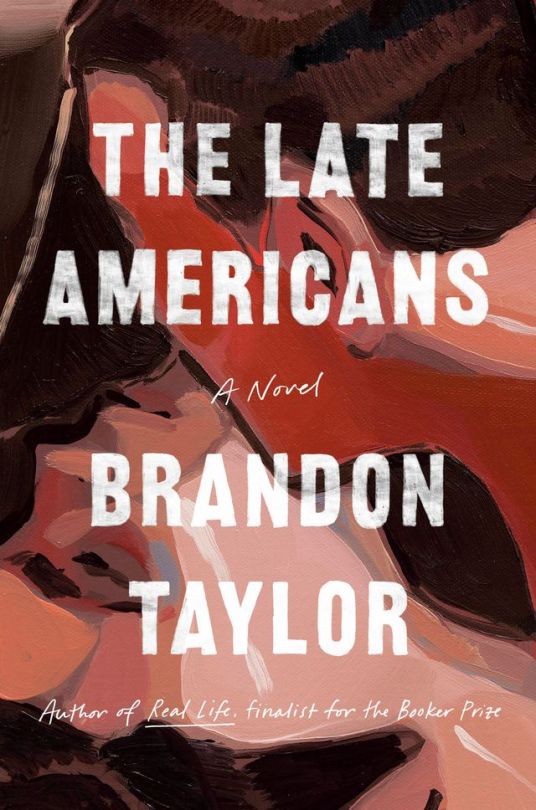
This was my monthly dose of high literature, chosen because I subscribed to the author’s substack for a while and generally liked it. After somehow accidentally grabbing historic fantasy and dystopian sci fi, this time it did was actual proper adult contemporary litfic, even! So y’know, horizons successfully expanded.
The book is honestly a caricature of what an outsider would guess contemporary litfic to be. Meandering and plot light, eight different POVs whose chapters’ are largely character studies of their own interiorities and relationships, deeply preoccupied with the process and structures that produce Fine Art, about a bunch of miserable queer grad students in Iowa City. It did at least refrain from having a character actually be an author attending the Iowa Writers Workshop so like, not totally free of restraint here, but it’s still nearly overpowering.
Saying ‘plot light’ is still almost overstating it, really. Each chapter is a vignette from the perspective of a different character, with varying levels of personal connection to the other protagonists. Some individual characters have little arcs, but none exactly undergo a profound transformation – the book is largely just a study of them, their relationships, their damage and their neuroses as they drift through a year of their lives.
The characters themselves are all resolutely unexceptional. No prodigies, no savants, no stars in the making – they are all talented and dedicated, but in ordinary and unremarkable ways for their milieu. It’s precisely that ordinariness that Taylor seems most interested in – how people conceive of their relationship to art when they’ve devoted everything to a craft that only barely seems to love them back.
The relationships between the characters is the other real driver of the book. They’re all..kind of dicks? In the thoughtless, inarticulate, emotionally-illiterate-lashing-out way of incredibly stressed people in their mid-20s (though exaggerated a bit for effect. Or at least, I hope so). Everyone is broken and jagged, and rubs up against everyone else only with violence and force – resentful friendships, unhappy romances, comfortable enmities. No one ever makes a clean break with anyone – no one shows much sign of being able to even if they wanted – and what character growth there is is a matter of compromise and accommodation, making peace with the people you love around you whatever their shortcomings.
The characters are all very well-drawn, their neuroses and struggles believable and mostly compelling. There’s probably one or two too many of them – at a certain point I did start having trouble with whose tragic childhood (they of course all have tragic childhoods) or insufferable emotionally unavailable boyfriend was whose – but in the final analysis they all mostly worked for me. That said, the two female POVs seem almost..tangential? Less connected to everyone else, less richly examined, less grounded and dirty and vicious. Which is a bit unfortunate, both in terms of the novel’s overall strength and because almost literally the only other women with lines in it are a bunch of deeply unkind caricatures of poetry/literature-as-activism types in one of the character's seminars.
Speaking of relationships – if you don’t know what the stereotypical litfic sex scene looks like, this book overflows with examples to learn from. Partially just trying to be true to life about a cast of horny gay guys in their mid-20s – if you draw a chart of who fucked who I’m pretty sure it connects every man in the main cast – but the book also just tries to get a lot of characterization and symbolism across through sex scenes, and ends up devoting more word count and flowery prose to them than anything I’ve ever seen besides outright erotica. All the sex scenes do have a fascinatingly vast variety of valences and tones, though �� some are passionate and romantic, some flagrantly exploitative or transactional, some are just something to do on a boring break in the middle of nowhere. The sex can get a bit monotonous, but at least it’s never one-note.
Taylor’s very interested in the culture of like, capitalized prestigious Fine Art, its production, and the relation of the university to both. The book, broadly, seems to take the point of view that the whole edifice is one great machine for chewing up and spitting out hopes and dreams. It’s a recurring theme that even among these people who have dedicated their entire lives to poetry or dance of the piano are unable to spend it making the kind of art they want. And that’s not even getting into how all the people you’re supposed to be making art with are the most insufferable pieces of shit to ever see the sun.
And on the note of insufferable pieces of shit – there’s also just a very strong recurring theme of class. Getting a MFA is largely the province of people who don’t really have to care about a near-future paycheck, and the cast is divided between those who fit the description and feel varying amounts of repressed guilt and awkwardness about it, and those that have to work some job to pay the bills and display a remarkable amount of restraint in not decking at least one classmate a day. The irony of art imagined as activism or world-changing being near-exclusively the result of elite educations and trust funds is bitter and plentiful, especially among the poets.
It’s, I think, a very sort of subtle humour that across the first half or so of the book the really poetic prose and most evocative imagery is used near-exclusively to describe the vulgar, low-class survival work that the less fortunate half of the protagonists do to support themselves – meal prep in a hospice kitchen, preparing cuts of beef in a slaughterhouse, recording porn of oneself to post online – while the actually art they create isn’t much described at all. This doesn’t last, but it’s a very funny joke while it does.
The book is, on a sentence-to-sentence and page-to-page level, really quite beautiful. Unfortunately, it ends up feeling like less than the sum of its parts. There’s a bit of a running narrative connecting half or so of the protagonists, who really are major parts of each others lives and enrich each others narratives with an outside view – and then the rest only appear outside their own chapters as cameos, if that. Exactly one characters gets two chapters from his POV – the first, and about halfway through the book – and he’s one of the people who barely touches the rest of the cast, so it’s not like he’s actually the protagonist or propelling the narrative. You end up with a novella and a bunch of short stories that, put together, are both constantly hitting the same beats but also lacking any real through-line tying them all together and pushing things forward. Which really isn’t helped by the fact that the ending reads like someone gave Taylor a maximum wordcount 5 pages before he hit it and he just did the best he could.
26 notes
·
View notes
Text

Brandon Taylor, The Late Americans
#quotes#the late americans#brandon taylor#vivid#alive#life quotes#quotes about life#quotes to live by#quote#life#qotd#quote of the day#literature#literary#literary quotes#mood#current mood#stay alive#stay strong
8 notes
·
View notes
Text
New Releases: April 23, 2024
Young Adult Harley Quinn: Redemption by Rachael Allen This is the final book in the Harley Quinn trilogy Harley Quinn and Ivy can’t wait to cross off the final items on their summer bucket list. They still need to: Go to Pride Get mani/pedis Figure out how they can kiss without Ivy’s toxic lips killing Harley. (Every relationship has its challenges!) But their to-do list gets more dangerous…
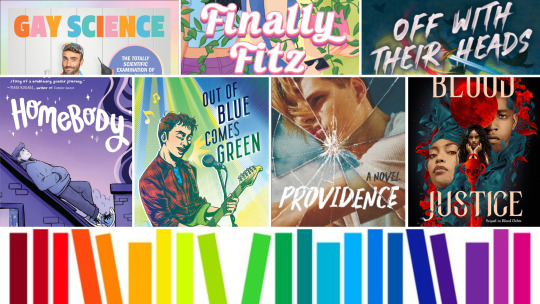
View On WordPress
#Blood Justice#Brandon Taylor#Craig Willse#DC Icons#Finally Fitz#Gay Science#Harley Quinn#Harley Quinn: Redemption#Homebody#Lily Sparks#M.E. Corey#Marisa Kanter#Off With Their Heads#Out of Blue Comes Green#Providence#Rachael Allen#Terry J. Benton-Walker#The Late Americans#The Merciless King of Moore High#Theo Parish#Zoe Hana Mikuta
18 notes
·
View notes
Text
"But no one had a good childhood. No one had a happy life. Human pain existed in a vast supply, and people took from it like grain from a barn. There was pain for you and pain for you and pain for you - agony enough for everyone. The pain of his childhood was such a common source that it embarrassed him. Perhaps that's why he resented the work of his peers."
-The Late Americans, by Brandon Taylor
16 notes
·
View notes
Text

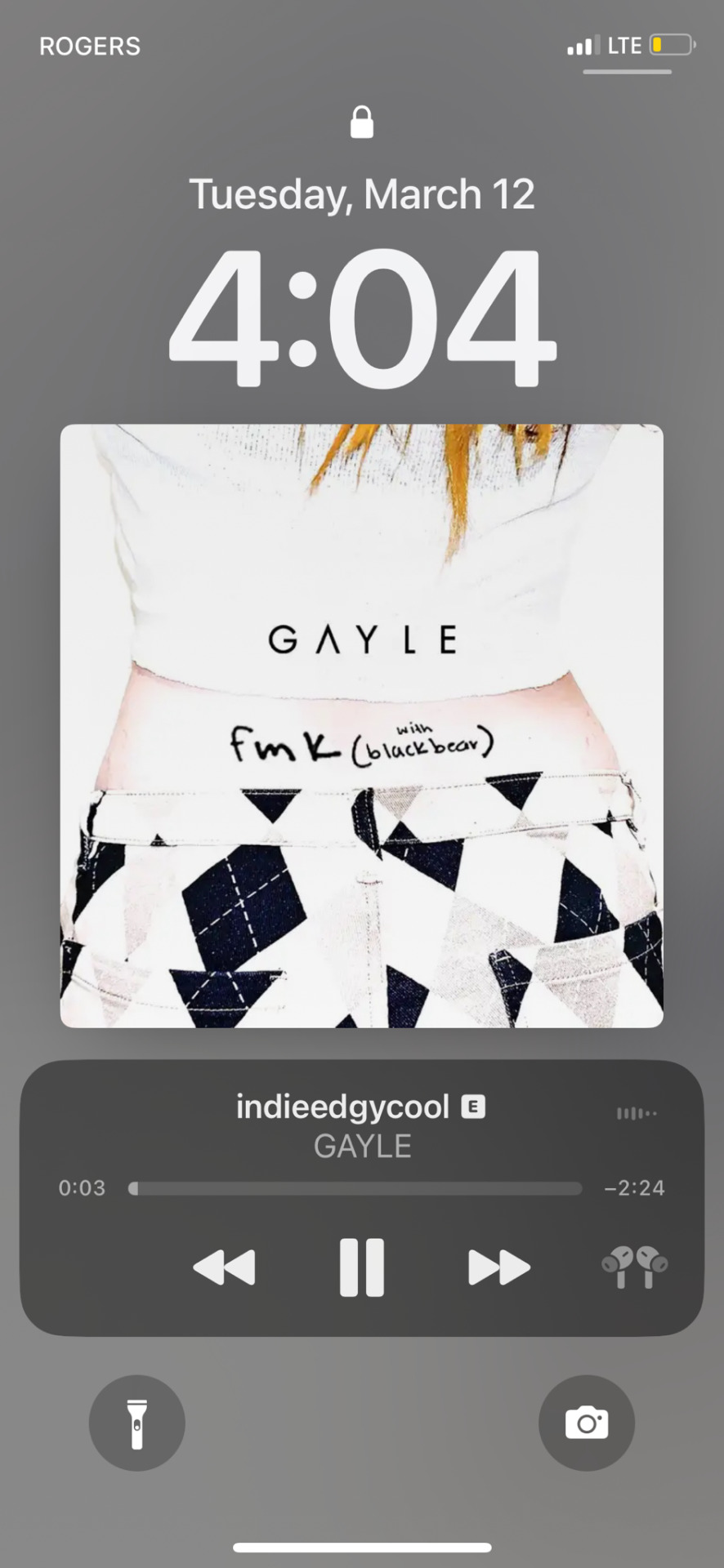
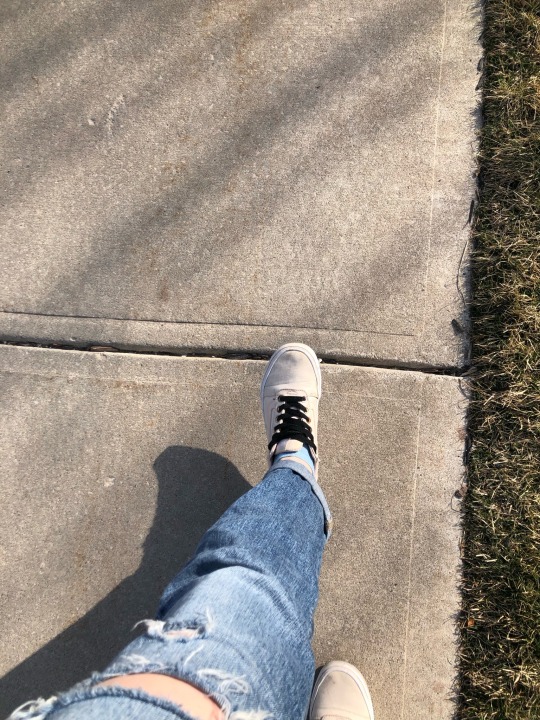
☀️Come to the Library With Me☀️
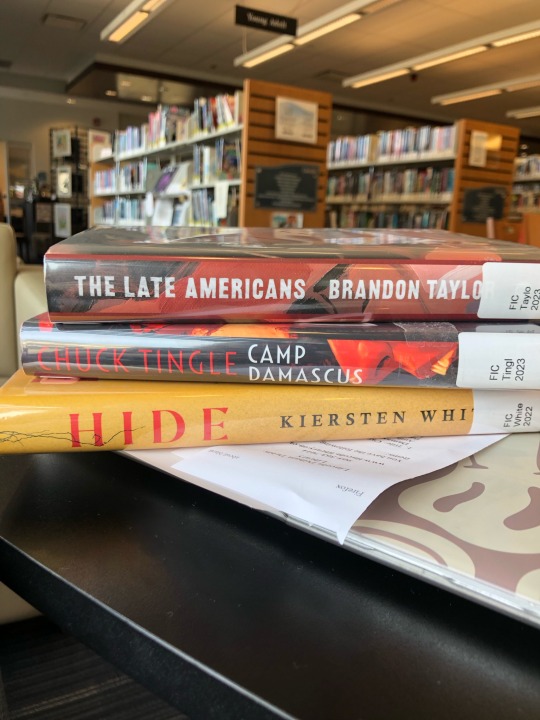
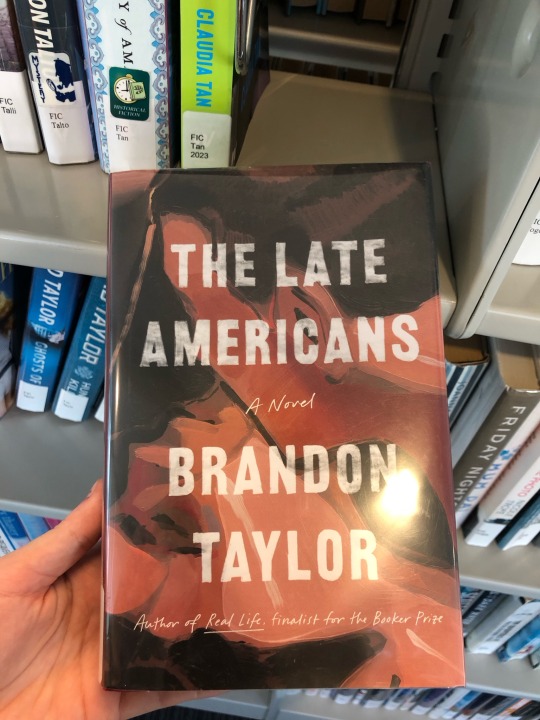
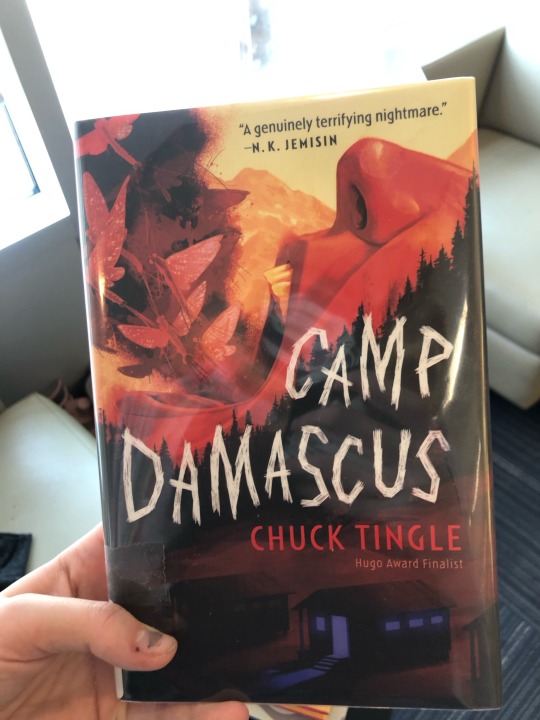

#bookblr#book blog#reading#booktok#book review#bookish#books and reading#goodreads#book club#books#books & libraries#public libraries#library haul#library#book haul#horror#horror books#spooky books#hide#camp damascus#chuck tingle#the late Americans#local library#come to the library with me
13 notes
·
View notes
Text
One thing I found kind of interesting about The Late Americans (written by a Millennial about, largely, Gen Z grad students) is that there's this observation that people who don't have any other source of authenticity or identity (that would be most young people, if I remember being young correctly) try to sort themselves out by figuring out how much they've suffered in relation to other people. Everyone in the book is always doing this weird math about themselves and everyone around them - you're Black, but only half-Black, but you were upper middle class, but it was Black upper middle class...and so on and so forth. You're gay, but you're young, you don't know what it was like when we were all dying. Everybody in the book is in their little suffer-based caste, especially in the writer's program, where a viewpoint character is slowly being driven insane by the fact that nobody can seem to write about anything other than their Lived Experiences (TM) and everybody's being judged more on that basis than on their artistic merit.
This is interesting enough on its own, but one very important aspect of the characters' caste system is whether or not they have a safety net. People are constantly commenting on whether or not so and so's parents can take care of him or her, but, here's the kicker...there's *nobody* in the book who feels like they've got their future on lock. Every little bit of financial safety comes from their family, comes from having a place to regress to. Nobody in the book is going "well, Ivan's got this great internship and good education and he's just going to eat well forever unlike the rest of us who might end up on food stamps."
Oh man, things are bad out there, huh?
3 notes
·
View notes
Text
People in graduate school were always talking about going to law school, except for the people in law school, who talked about going into real estate.
Brandon Taylor, The Late Americans
15 notes
·
View notes
Text
2 notes
·
View notes
Text

#solar energy#green energy#bernie sanders#politics#us politics#political#donald trump#news#president trump#elon musk#american politics#jd vance#law#democracy#democrats#money saving#middle class wealth#wealth inequity#wealth redistribution#wealth inequality#wealth#republican#republicans#lawmakers#government#late stage capitalism#political influence#project 2025#melania#don jr
5K notes
·
View notes
Text
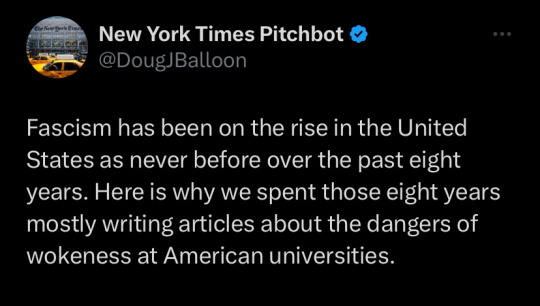
6K notes
·
View notes
Text

midnight snack
#owl#midnight#photography#southern gothic#ruralcore#americana#animals#late night#rural aesthetic#rural gothic#dark#nightcore#alternative#regional gothic#american gothic#rat#barn owl#out and about#rural exploration#credits
3K notes
·
View notes
Text
Third try at grabbing litfic this year and after accidentally grabbing one historical fantasy and one dystopian scifi, finally reading a contemporary drama about a bunch of miserable queer artists in Iowa City!
But no, 100 pages in and The Late Americans is quite a lovely read so far. If just relentlessly downbeat in a mundane way. I'm not yet sure if it's a very funny joke or a kind of apology for the premise that the book seems to have far more aesthetic respect for the work of preparing a meal in a hospice kitchen or separating out cuts of beef than it does any of the actual Fine Art its protagonists work at.
11 notes
·
View notes
Text

Brandon Taylor, The Late Americans
#life#quotes#quote#the late americans#brandon taylor#life quotes#quotes about life#qotd#quote of the day#quotes to live by#stay strong#stay alive#life qoute#literary#literature#literary quotes
2 notes
·
View notes
Text
[Gli ultimi americani][Brandon Taylor]
Tra racconto e romanzo, Brandon Taylor ci regala un affresco genuino e completo dell’America oggi.
In una Iowa City grigia, freddissima e periferica, tra le aule dell’università e i locali del centro, le vite di alcuni ragazzi si incontrano. C’è Seamus, un aspirante poeta caustico e irriverente, che per mantenersi agli studi lavora nella cucina di un ospizio. C’è Fyodor, madre nera e padre russo, che lavora nell’industria della carne ed è in una relazione travagliata con Timo, che non accetta…

View On WordPress
#2023#Bollati Boringhieri#Brandon Taylor#fiction#Francesca Manfredi#Gli ultimi americani#LGBT#LGBTQ#Narrativa#The Late Americans#USA
0 notes
Text

The Late Americans: a Novel
by Brandon Taylor
0 notes
Text
The stars, he thought, had been watching him his whole life. They'd seen the whole thing go on and on. Him and the rest of all the people who had ever lived and ever would. It was like living in a museum exhibit or a dollhouse. It was so easy to imagine the hands of some enormous and indifferent God prying the house open and squinting at them as they went about their lives on their circuits like little automatons in an exhibit called The Late Americans.
‘The Late Americans’ — Brandon Taylor
0 notes